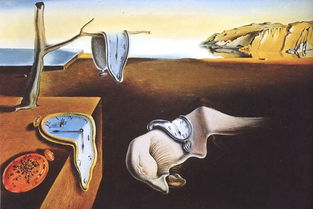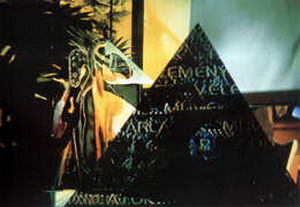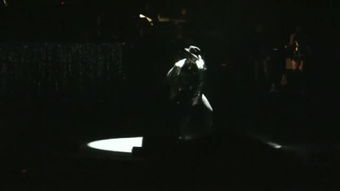Content:
Embarking on the journey of learning how to fish, especially within the controlled environment of a fish farm, can be both exciting and rewarding. Whether you're looking to enhance your hobby or turn it into a profession, mastering the art of fishing requires patience, practice, and a good understanding of the techniques and tools at your disposal. Here are some essential tips to help you learn the fishing tricks of the trade, especially in a fish farming setting.
Understand the Basics of Fish Farming
Before you can effectively fish in a farm, it's crucial to understand the basics of fish farming. This includes knowing the types of fish you're dealing with, their feeding habits, and the water conditions they thrive in. Familiarize yourself with the different species commonly found in fish farms, such as tilapia, carp, and catfish, as their behavior and fishing techniques can vary.
Choose the Right Equipment
The right equipment can make a significant difference in your fishing experience. For fish farming, you'll need:

- Fishing Rod and Reel: A lightweight spinning rod and reel are often sufficient for fish farming. Ensure they are durable and capable of handling the size of fish you're targeting.
- Hooks: Use hooks that are appropriate for the size of the fish. For smaller fish, lighter hooks are preferable, while larger fish may require heavier-duty hooks.
- Line: Choose a line that is strong enough to handle the fish you're targeting without being too heavy, which could spook the fish.
- Bait: Understand what type of bait works best for the fish in your farm. This could be live bait, artificial lures, or even commercially prepared baits.
Learn the Art of Casting
Casting is a fundamental skill in fishing. Practice casting in a wide area to get a feel for the distance and accuracy of your throws. In a fish farm, you'll often need to cast directly into the water, so precision is key. Here are some casting tips:
- Start with a Gentle Swing: Begin with a gentle backswing, then let the rod load naturally as you bring it forward.
- Control Your Power: Use the rod to control the power of your cast. The longer the rod, the more power you can generate.
- Keep Your Eyes on the Target: Focus on your target and keep your eyes on it throughout the cast to ensure accuracy.
Master the Art of Baiting
Baiting is an art form in itself. Here are some tips to help you master it:
- Natural Bait: If using natural bait, ensure it's fresh and alive. Live bait can be more effective as it moves and can attract fish more naturally.
- Artificial Lures: Use a variety of artificial lures to see what works best. Different colors, shapes, and sizes can entice different fish.
- Consistency: Keep your baiting technique consistent. If you're using a worm, for example, keep the presentation the same throughout your fishing session.
Understand Fish Behavior
Fish in a farm may behave differently than those in the wild. Here are some tips to understand and adapt to their behavior:
- Feeding Times: Fish are more likely to be active and bite during feeding times. Try to align your fishing sessions with these times.
- Water Conditions: Monitor the water temperature, pH level, and oxygen levels. These factors can greatly influence fish behavior.
- Patience: Fish in a farm may be more cautious due to the controlled environment. Be patient and wait for the right moment to cast.
Develop a Routine
Establishing a routine can help you become more efficient and successful in your fishing endeavors. Here's what a routine might look like:
- Preparation: Check your equipment the night before to ensure everything is in working order.
- Arrival: Arrive early to acclimate to the environment and to observe the fish behavior.
- Fishing: Start with a systematic approach, covering different areas of the farm and observing the fish's response to your bait.
- Observation: Take notes on what works and what doesn't. Adjust your strategy accordingly.
- Safety: Always prioritize safety, especially when handling equipment and being around water.
Continuous Learning
The world of fishing is vast and constantly evolving. To become truly skilled, continue to learn from experienced anglers, read fishing guides, and stay updated on the latest techniques and technologies in fish farming.
By following these tips and dedicating time to practice, you'll soon be able to navigate the waters of fish farming with confidence and skill. Happy fishing!












